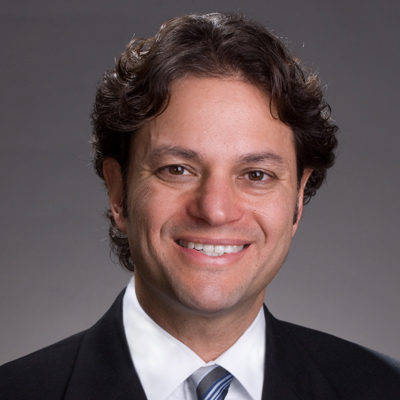Improving systems to transform communities
Social change and leadership are inextricably linked. Educating future leaders about justice and equity is vital to creating lasting policy and systems for the betterment of society. Such an education requires a mixture of intellectual reflection, opportunities to work within communities, and ongoing dialogue. As Director of the RGK Center for Philanthropy and Community Service and University Distinguished Teaching Professor at The University of Texas at Austin, Dr. David Springer actively pursues each of these imperatives. His commitment to building knowledge about just systems and educating students and practitioners about the ways in which they can contribute to the public good have expanded beyond the borders of Austin to global communities.
In his own research, Dr. Springer focuses on the improvement of systems to more effectively deliver services to youth and families, especially at the intersection of juvenile and criminal justice research in the United States and Latin America. In so doing, he brings expertise with the perspective of someone engaged with the nonprofit sector and the community to change systems through research, teaching, policy, and mentorship. Furthermore, the research conducted at the RGK Center matches expertise to practice as it provides sophisticated tools to students and professionals navigating the complex problems that affect our social systems. Their multidisciplinary team approaches local and global problems using multiple lenses and thus finds many solutions to some of the world’s most pressing issues. Indeed, Dr. Springer’s leadership and passion are translating into real outcomes for society. Spanning across direct practice, policy practice, community building, nonprofit management, system reform, research, and leadership, Dr. Springer and the RGK Center have a vision for the future that empowers all members of society.
Dr. Springer directs several multi-disciplinary research efforts that build knowledge and improve the practice of nonprofit management and philanthropy, including:
-
Central Texas Sustainability Indicators Project: Sound decision-making is built on solid data. Since 1999, the CTSIP has provided data specific to Central Texas on a comprehensive set of indicators pertaining to the economy, public health, civic engagement and other areas. Nonprofit leaders use this data to measure program impact and prepare funding proposals to serve areas and populations of growing need. Public sector and government agencies use this data to inform the public investment in areas such as health access, affordable housing, public transportation and environmental incentives. The CTSIP encourages community collaboration at multiple levels, broadening the ownership of the decisions pursued. This application of indicators leads to sustainable communities.
-
Service Enterprise Diagnostic: Nonprofits that successfully deploy the passion and skills of the volunteer workforce in their mission-driven work are more likely to be effective and financially sustainable. The SED, a collaboration with Points of Light and Algorhythm, offers a statistically validated assessment tool to organizations seeking to improve their engagement with volunteers. Upon completing the assessment, organizations are assigned a score, positioned within a peer group of similarly situated organizations, provided valuable information about their volunteer workforce, and offered a list of recommendations and resources for improvement in key areas. This comprehensive tool leads to nonprofit organizations that are more fully engaged with the communities that they serve.
-
Restore Rundberg: This three-year, $1M grant from the Department of Justice seeks to improve the quality of life, health, safety, education, and well-being of individuals living and working in the Rundberg neighborhood of Austin. Dr. Springer is Principal Investigator and directs a multidisciplinary team of community representatives, the Austin Police Department, and researchers. The research team uses innovative methodologies to reduce crime and engage community members to work together for the future of their neighborhood. Part of the Obama administration’s Neighborhood Revitalization Initiative, innovative and sustainable community engagement is at the core of this effort.
Bio
Dr. David Springer began his professional career as a clinical social worker in community and school-based settings where he worked with adolescents and their families. He explains, “there has always been something special and meaningful about having an impact on a kid’s life.” After a few years in the trenches working intensely with children and their families, Dr. Springer returned to academia to pursue his Ph.D. with the goal of approaching issues systemically.
After completing his Ph.D., Dr. Springer began at The University of Texas at Austin where he taught primarily clinical social work courses that helped future practitioners build skills for working with children and their families. In 2007, his career took a turn in a new direction when he was asked to chair a Blue Ribbon Task Force of national and regional leaders, which was charged with making recommendations for reforming the juvenile justice system in Texas. He continues to work tirelessly to improve the justice system for juveniles and to support the nonprofit sector in serving this population. Now, as the Director of the RGK Center, he conducts research, analyzes policy, and leads other educators and students toward having an impact on lives and communities that span across issues, populations, and solutions.
In his free time, Dr. Springer enjoys surfing and stand up paddle boarding. He is also an avid trail runner and has participated in ultramarathons, including the Leadville 100, where he and other runners race for 100-mile distances on trails and across mountains.
Website: http://www.rgkcenter.org/


